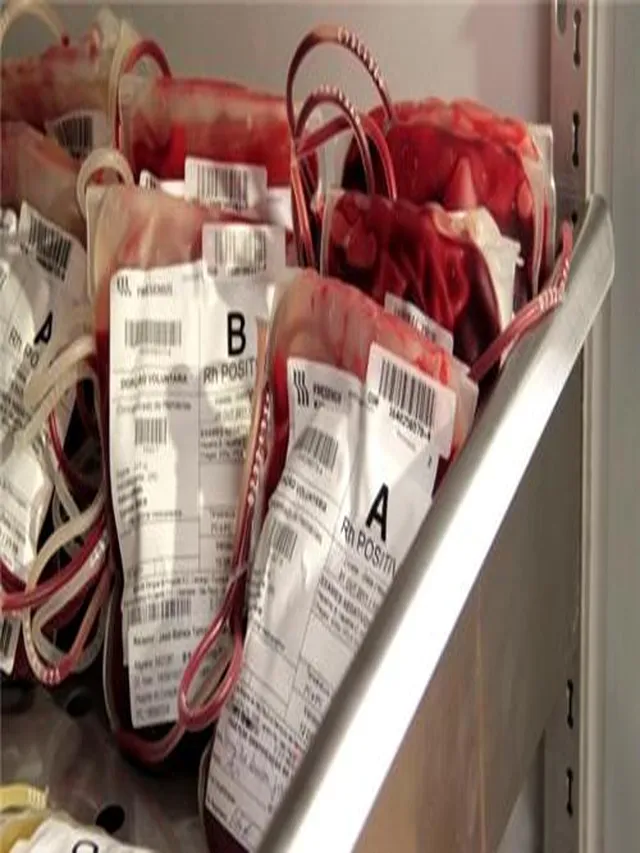- By Kamakshi Bishnoi
- Mon, 17 Nov 2025 10:30 AM (IST)
- Source:Jagran News Network
Jharkhand is grappling with a deepening crisis in blood availability, exposing serious lapses in the state’s public health system. Seventeen government blood banks have been shut down after failing to meet mandatory safety standards. Most lacked NAT (Nucleic Acid Testing) machines and even basic ELISA testing facilities, forcing patients to travel long distances for life-saving blood.
Currently, the entire state is dependent on a single NAT machine installed at RIMS, Ranchi. Although capable of detecting early-stage infections such as HIV, HBV, and HCV, officials admit the machine has not been maintained regularly, raising concerns about the reliability of test results. RIMS has now decided to procure its own NAT machine, a proposal recently approved by its Governing Council.
ALSO READ: Jharkhand Govt Approves Drinking Schemes Worth Rs 183 Cr For Rural Regions; Over 5 Lakh To Benefit
Ranchi Civil Surgeon Dr Prabhat Kumar stressed the importance of NAT testing, which can detect infections within a week, compared to ELISA’s 30-day window period. Preparations are underway to install a NAT machine at the district Sadar Hospital as well.
The crisis intensified after a shocking case at Chaibasa Sadar Hospital, where children with thalassaemia were transfused with HIV-infected blood. Following court intervention, statewide inspections began, voluntary blood donation drives were launched, and the old practice of replacement donation was discontinued. Under the new rule, no patient can be forced to arrange a donor in exchange for receiving blood.
However, the new system has triggered a sharp shortage in government blood banks. With licenses of many blood banks pending renewal and a lack of trained technical staff, several facilities can no longer supply blood and are limited to organising donation camps. Collected blood is now being redirected to RIMS and a few functioning government centres.
Private blood banks are also witnessing a severe shortfall. The closure of the Red Cross Blood Bank in Ranchi has further increased pressure on government hospitals. Thalassaemia patients, who need regular transfusions, are facing long delays and, in many cases, must travel 80-150 km just to obtain a single unit of blood.
Blood organisations such as Life Savers and Lahu Bolega have criticised the government’s response. Atul Gera of Life Savers says no strong action has been taken against non-compliant blood banks, while Nadeem Khan of Lahu Bolega argues that safety must be ensured before enforcing closures. He emphasised the need for rapid procurement of testing machines and a structured reform plan to restore a safe blood supply.
A high-level proposal has now been drafted to install NAT machines in all 24 districts and to upgrade closed blood banks in phases.

